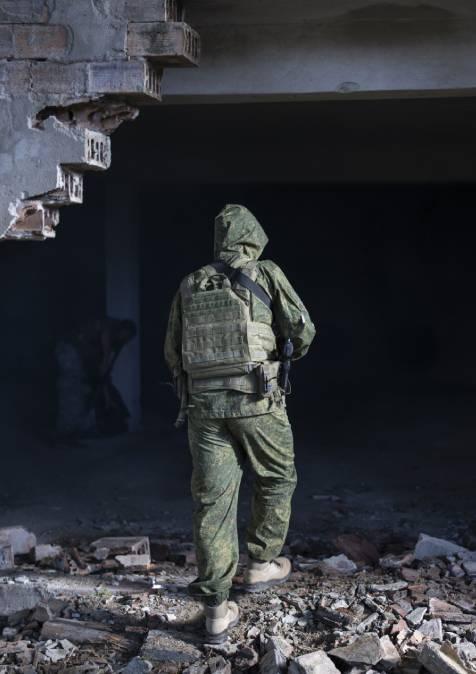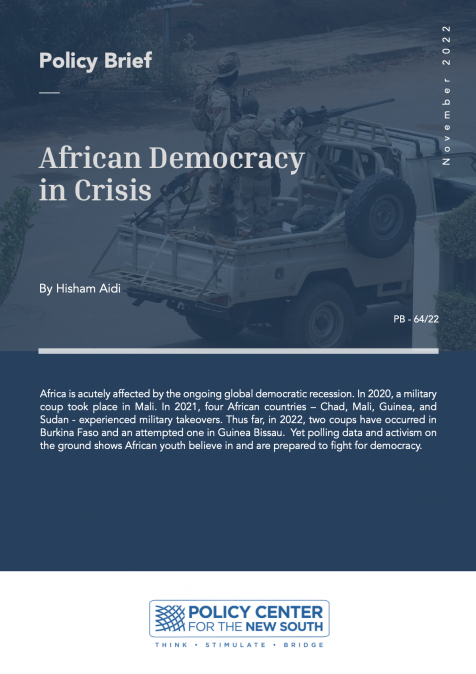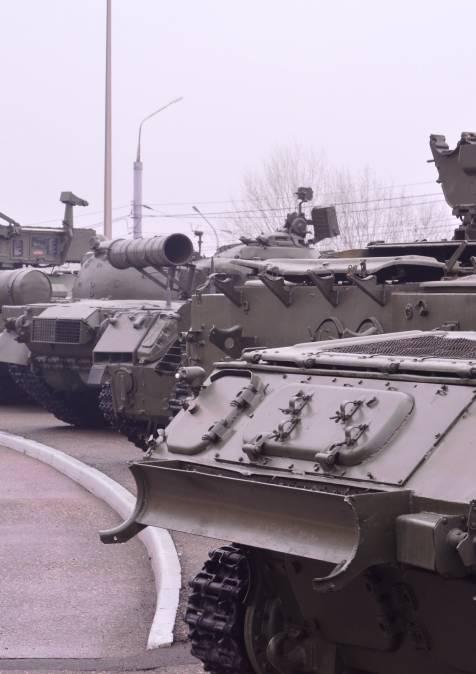Podcasts
La réforme du secteur de sécurité en Côte d'Ivoire
Related topics:
Ce podcast est délivré par Aline Leboeuf. Si la situation sécuritaire en Côte d’Ivoire s’est grandement améliorée depuis 2011, des incidents ont toujours lieu ponctuellement et conservent un potentiel de déstabilisation qui justifie un effort continu de réforme du secteur de sécurité (RSS).
Le président Ouattara a fait preuve d’une grande volonté politique en soutenant la mise en œuvre d’un processus de RSS. Ce processus a avancé en dents de scie, mais la création d’un Conseil National de Sécurité (CNS), doté d’un secrétariat et la publication de « stratégies » donnant des objectifs définis à la réforme ont permis de la poursuivre sur la durée. Le système (imparfait) d’évaluation incite notamment l’ensemble des institutions du secteur concernées par les réformes à renforcer leurs efforts. A ce titre, on peut dire que la RSS à l’ivoirienne est un modèle d’appropriation. Le vote des lois de programmation « sécurité et défense » peuvent laisser présager une accélération du rythme des réformes, au cours du second mandat d’Alassane Ouattara, pour l’instant sur les segments les moins problématiques. Reste à améliorer les relations entre les différentes forces de sécurité et surtout à réformer l’armée pour réduire le rôle des comzones (ex-commandants de zone), qui existent toujours, même si les plus influents ont été en partie marginalisés. Il s’agit également de rendre l’armée plus représentative de la nation ivoirienne et à renforcer sa cohésion au sein de celle-ci. Cela étant, le choix d’Alain-Richard Donwahi, l’ancien secrétaire du CNS, comme nouveau ministre délégué à la Défense en Côte d’Ivoire, devrait faciliter la réforme de l’armée dans le sens voulu par le président et le CNS.
Comme ailleurs, la difficulté pour la Côte d’Ivoire consiste à réformer sans politiser les institutions de sécurité. C’est un vrai problème dans un pays où les trois derniers présidents sont arrivés au pouvoir dans un contexte de violence armée. Il est légitime de s’interroger dès à présent sur les moyens de dissuader les candidats à la succession d’Alassane Ouattara d’abandonner cette option. Un membre du GIGN cité au sein de cette Étude affirme : « la Côte d’Ivoire est plus violente que l’Irak ou l’Afghanistan car on ne sait jamais ce qui va se passer ». Tout semble calme, tranquille puis soudain, tout dégénère. Réussir à réformer le secteur de sécurité, c’est aussi rendre le pays plus prévisible. Tout le monde n’y a pas intérêt et l’enjeu est donc de transformer le jeu politique et de recomposer les forces armées, afin que tous soient contraints à une certaine forme de stabilité.









